There is a lot to unpack here, and it’s important to know that rental markets change extremely quickly in the scheme of things. While COVID played a significant role in the short-term rental industry and our market locally, the long-term rental industry has been evolving at a fast pace as well. I’ve made some market predictions about both industries over the years and despite the outcome one thing is for sure, you don’t necessarily rely on what you hear today, because it’s inevitably (almost) always yesterday’s news.
Valuation
When it comes to valuing real estate, real estate agents (not appraisers and not offering appraisals) and appraisers use similar methods which include different types of valuation. The easiest, and most common is the comparable sale method. We essentially adjust the sales price of comparable properties based on differences between the property we are valuing and the property that has actually sold. Obviously markets change, so we generally don’t look back further than 6 or 12 months. The sales information is normally available mostly as a courtesy of the multiple listing service, a database of sales activity stored by local Realtor associations. Since Idaho is a non-disclosure state, counties often find difficulty valuing property for the purpose of tax assessment, so the public data is often skewed.
Depending on the area, rental data may be collected by a multiple listing service. However, in our area, it is not. The reason for this is based on several factors, but in my opinion it is primarily because Idaho does not require licensure for property managers. For this reason, property managers in the Teton Valley area are generally not members of listing services or Realtor associations, so they do not record the data. Even in Wyoming where property management does require a real estate license, much of the data goes unrecorded. So, how is the data tracked? Depending on whether we are talking about short-term or long-term rentals, there is some data that might be available, but often, you need to take it with a grain of salt.
Short-Term Rental Analysis
Much like the Zillow “Zestimate”, there are “data mining” companies and tools available that can help generate valuations even without multiple listing service data. Because Idaho is a non-disclosure state, Zillow does not have access to sales data. They do, however, have access to listing price data. Presumably when a property sells (even though Zillow may not have access to the actual sales price), they can make some assumptions based on market conditions, how long the property was on market before it sold and other metrics to estimate (or zestimate…) the sales price to help generate the “Zestimate”. There are similar tools available in the short-term rental industry available such as AirDNA and other data providers that are able to collect data. While I’m not an expert on AirDNA, my assumption is that they collect data from their own subscribers that report information, as well as data they receive from some of the marketplace giants like Airbnb and VRBO. I also assume that this data may be skewed based on what they receive. If it’s just a blocked calendar, one probably should not assume that it is necessarily a paying guest since it could certainly be a homeowner blocking their own calendar for personal use. Even though this data may in some instances be conservative, this is my best guess as to why we often find AirDNA provides data that may be unattainable in the real world (here in Teton Valley).
Long-Term rental analysis
This one is even more challenging. Not only are property managers not typically a member of the multiple listing service, but they rarely collaborate. This, coupled with the seasonality of long-term rentals (and short-term rentals, for that matter), can create some volatile expectations for both investors and tenants. Many years ago before the market hardly began to improve after the fallout in 2008, I distinctly recall many conversations with those trying to prepare studies and gathering data in order to do so. Similar to my life today, I was completely underwater trying to provide this data as a courtesy, often off the top of my head. While I’m generally pretty good at doing so, and can spit out fairly accurate information, it’s unlikely that any of the data was extremely scientific when it came to absorption, rates, and so on. While short-term rentals at least have some available information that might point to market conditions such as National software providers like Airbnb or VRBO, the local rental market does not. As a result, long-term tenants often find themselves jumping from property manager to manager and newspaper ad to marketplace listing to get a grasp on inventory, or lack thereof. I will give a shout out and link below a great effort set forth by the Community Resource Center of Teton Valley. They (painstakingly I’m sure) canvas the most well-known sources for long-term rental listings throughout the community and compile them into one list. It’s not perfect, and not up to date to the minute, but it’s pretty darn good.
The bottom line? When it comes to understanding rental markets in Teton Valley, trust your local professionals. While Realtors have a pretty good handle on most things around here (really, the local industry is lucky to have such a hardworking, professional and honest group) not all of them are heavily involved with property management. The best advice that I can give is to trust local property management companies. Similar to our group of real estate professionals in the area, all of the property managers in Teton Valley are extremely well versed and honest. Since I’m listing shout-outs (and yes, I do have an interest at stake here), Kerstyn at Teton Valley Property Management is amongst the very best.
